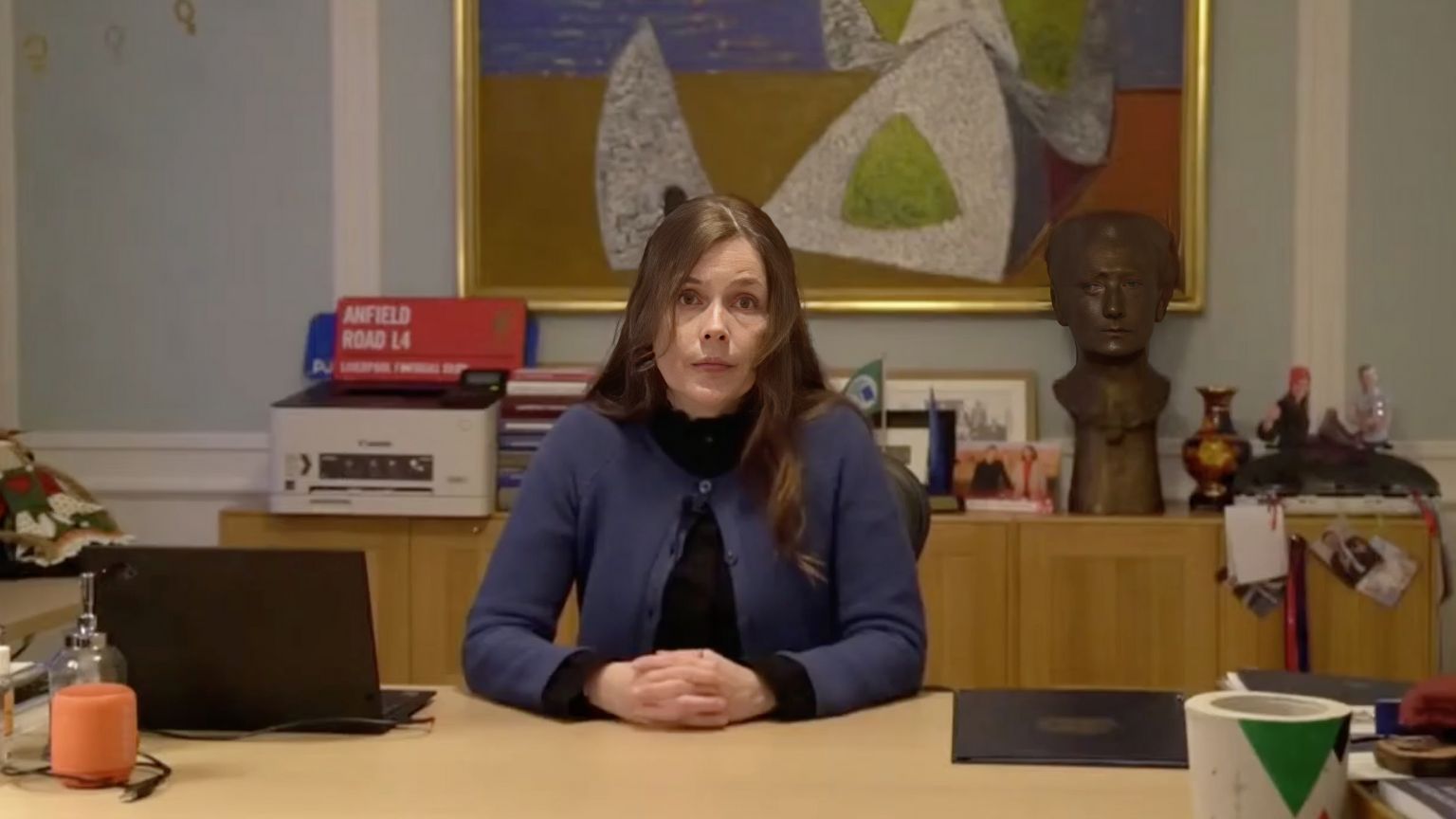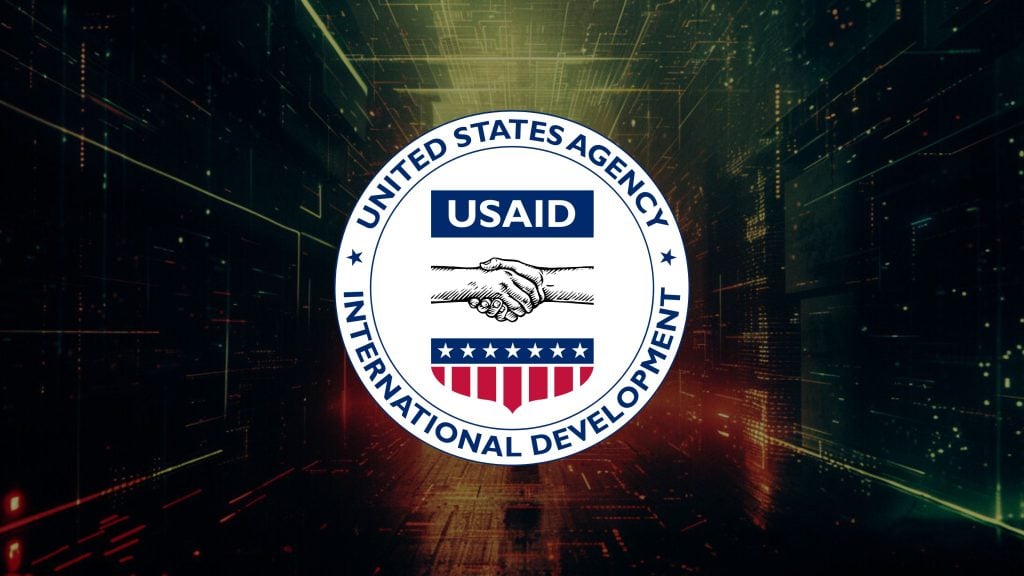There is a crisis in the world that the United Nations, and its culture and education agency, UNESCO, appear to feel quite some urgency to solve. No, it is not the earthquakes in Turkey and Syria, nor the war in Ukraine.
We’re talking about -“the ongoing crisis of online information” – and taxpayers in countries funding the UN will no doubt be thrilled to learn that their money was just this week spent to bring together more than 4,300 participants to Paris to discuss this particular “crisis” in a conference, first of its kind ever, called, Internet For Trust.
One of the speakers was Iceland Prime Minister Katrín Jakobsdóttir, whose remarks fit the now well-established and rehearsed model: the internet is first praised for all the opportunities it brought and continues to bring to so many people around the world, and so is free speech; but then, we go into what these government and other elites perceive as the internet’s powerful and dangerous, dark underbelly (at least from where they stand – or fall).
Jakobsdóttir went after the internet as a whole and social media in particular as potentially “a dangerous place.”
People on it, asserted the politician, are driven to despair because of hate speech, their lives ruined by harassment (she did not specify which people, or if the presumed phenomena applies only to one ideological and political grouping.)
But it’s pretty clear what Jakobsdóttir meant: she spoke about sexual harassment targeting women, politicians and public figures included. Then, there are (some) journalists in the line of fire of hate speech, and that – not countless examples of censorship of perfectly accurate and legitimate content – is what she sees as a threat to media freedoms around the world.
Without naming any names, Jakobsdóttir addressed the concerns about the integrity of presidential elections – in the US in 2020 and in Brazil earlier this year – to dismiss them as a risk to “a peaceful transition of power.”
And that risk would not be in alleged vote rigging, etc., but simply “the spread of disinformation.”
“We are also working on ways to counter the spread of disinformation during electoral periods. For this, the Guidelines will also be useful,” the prime minister remarked.
And no push to push for curtailing and regulating online speech is complete without a “think of the children” moment.
“We need to make the digital space a safe space for our children. And this is an integral part of the media legislation we are preparing to propose in Iceland,” said Jakobsdóttir.






















